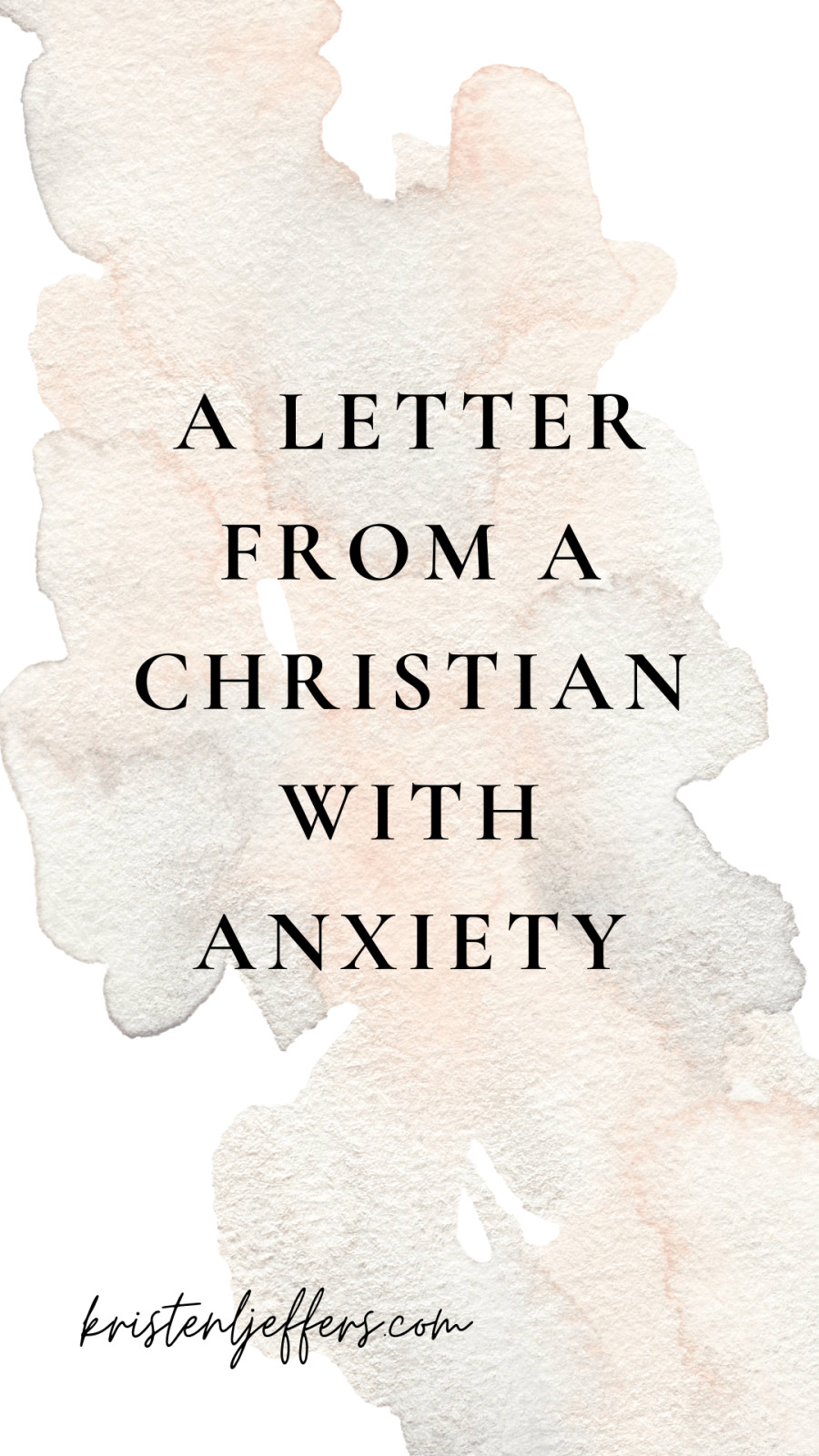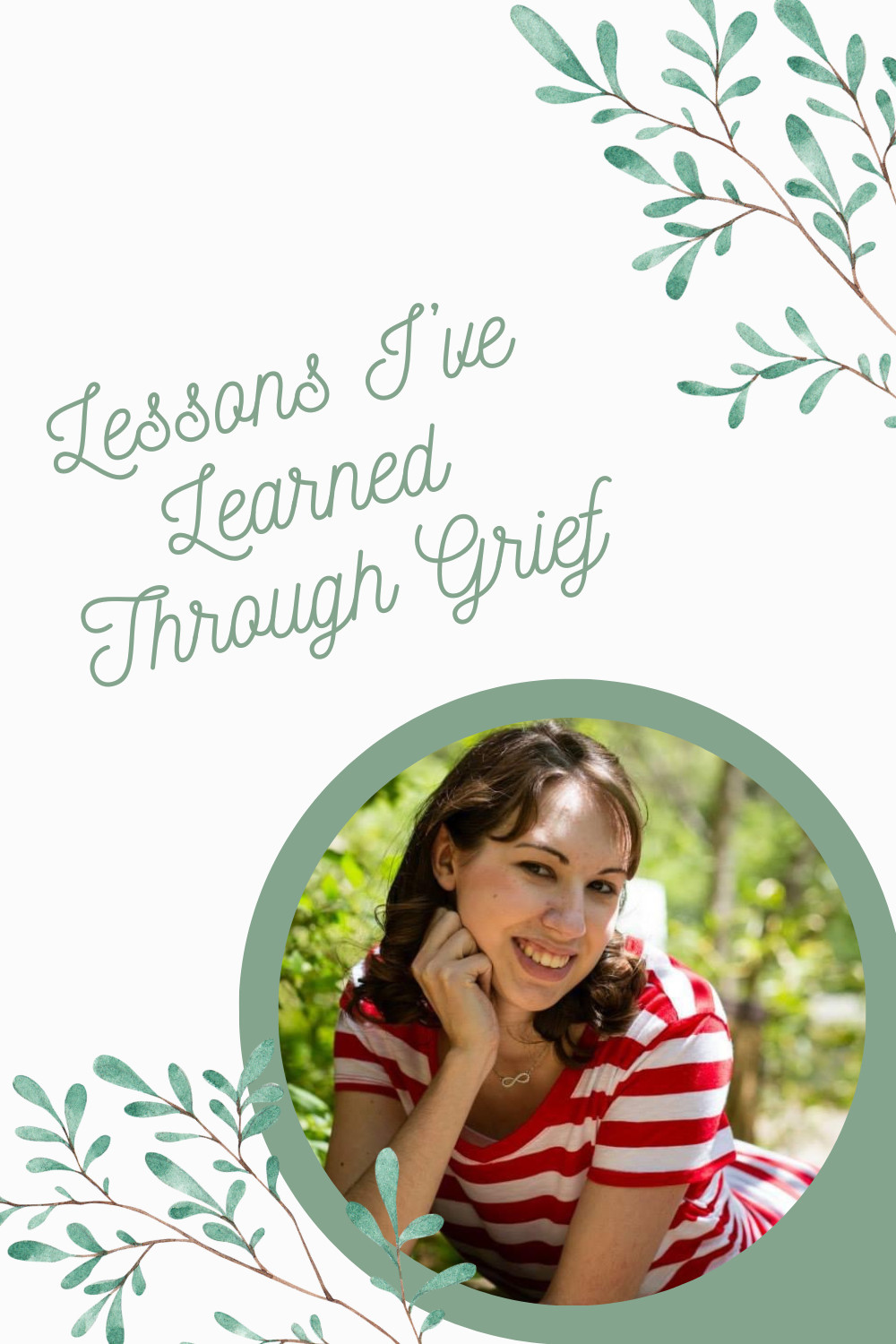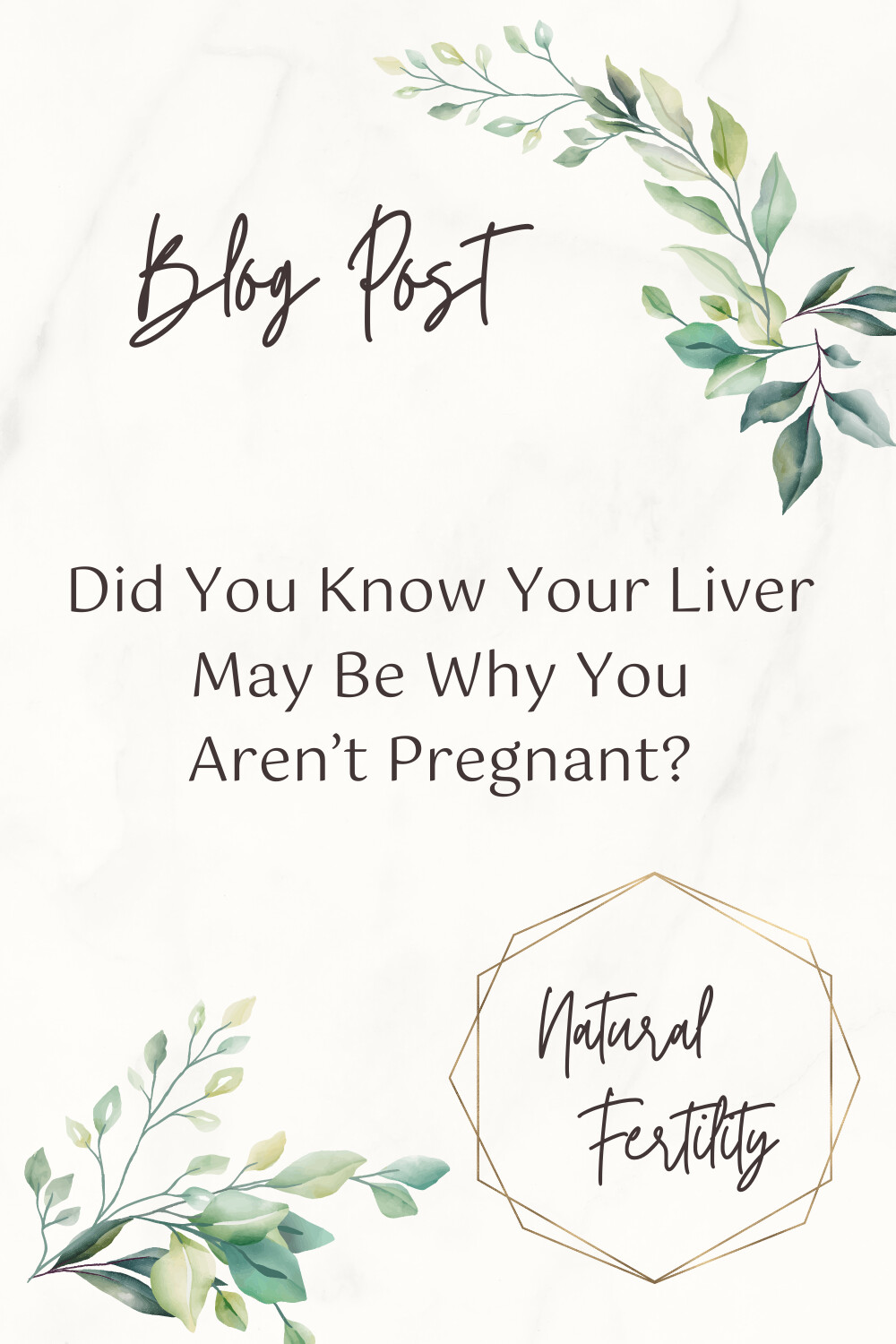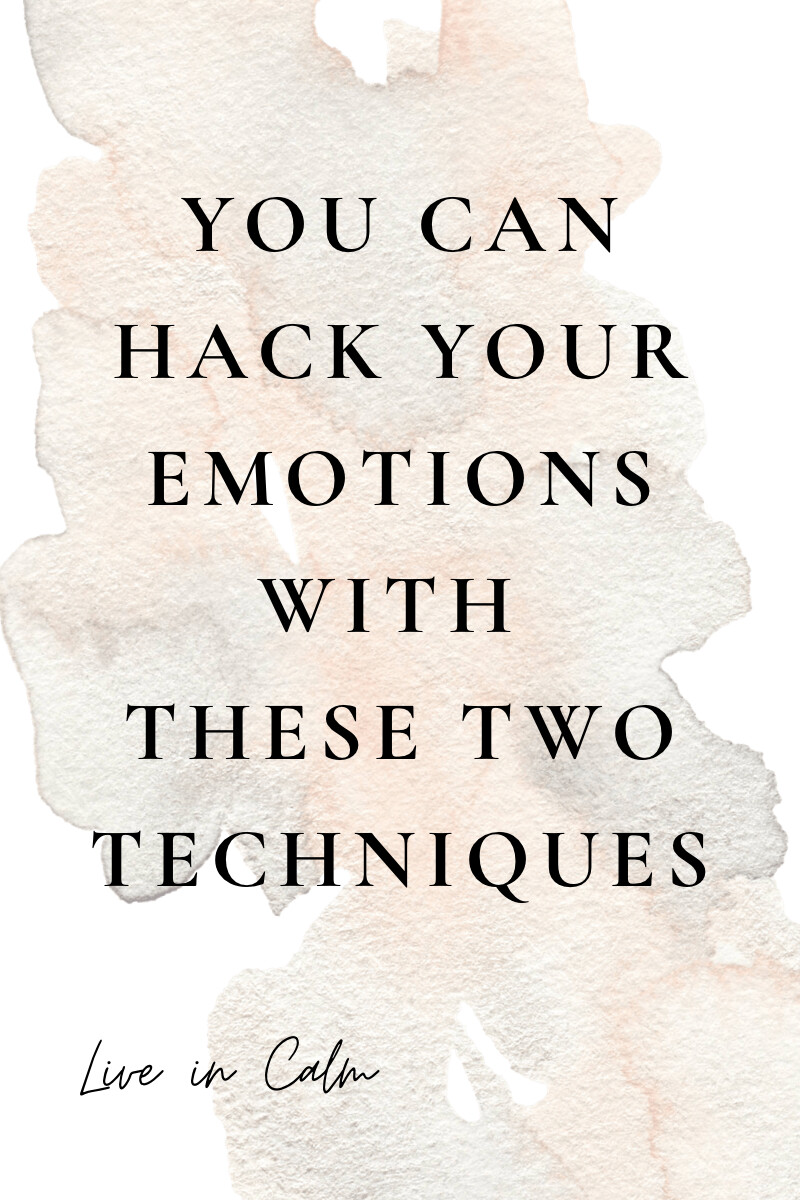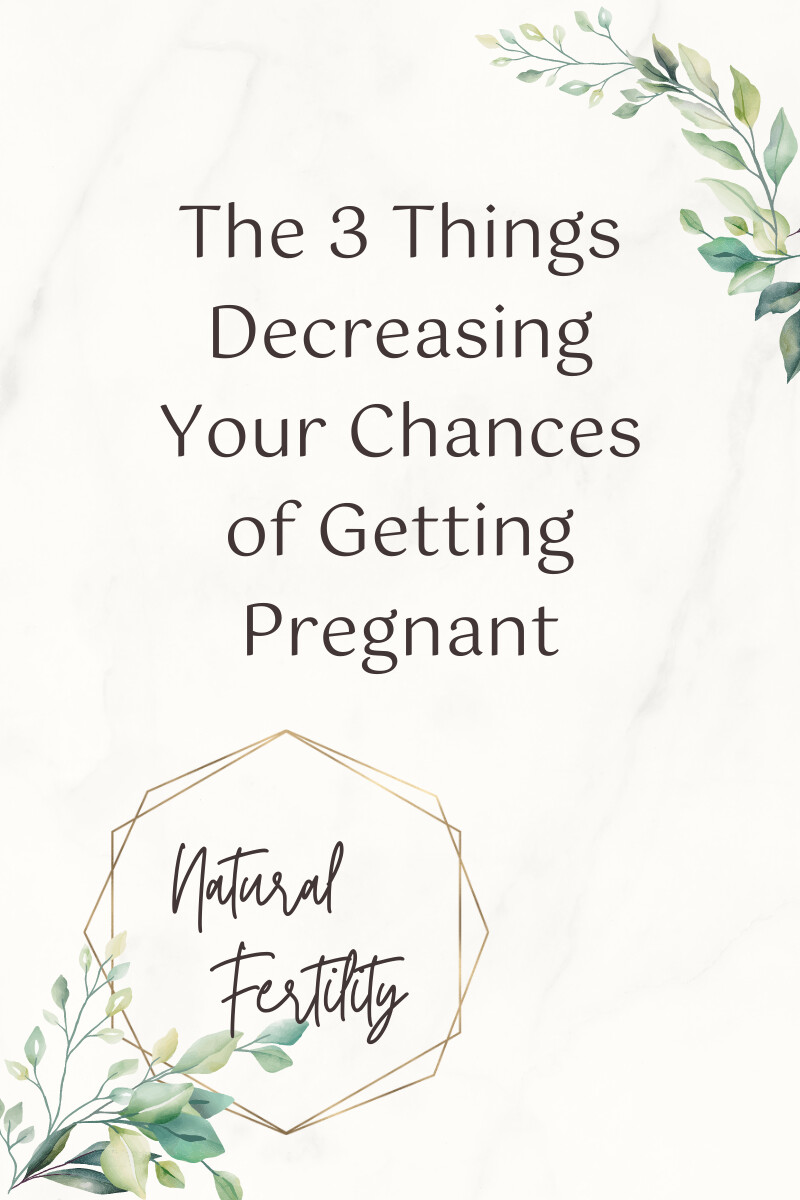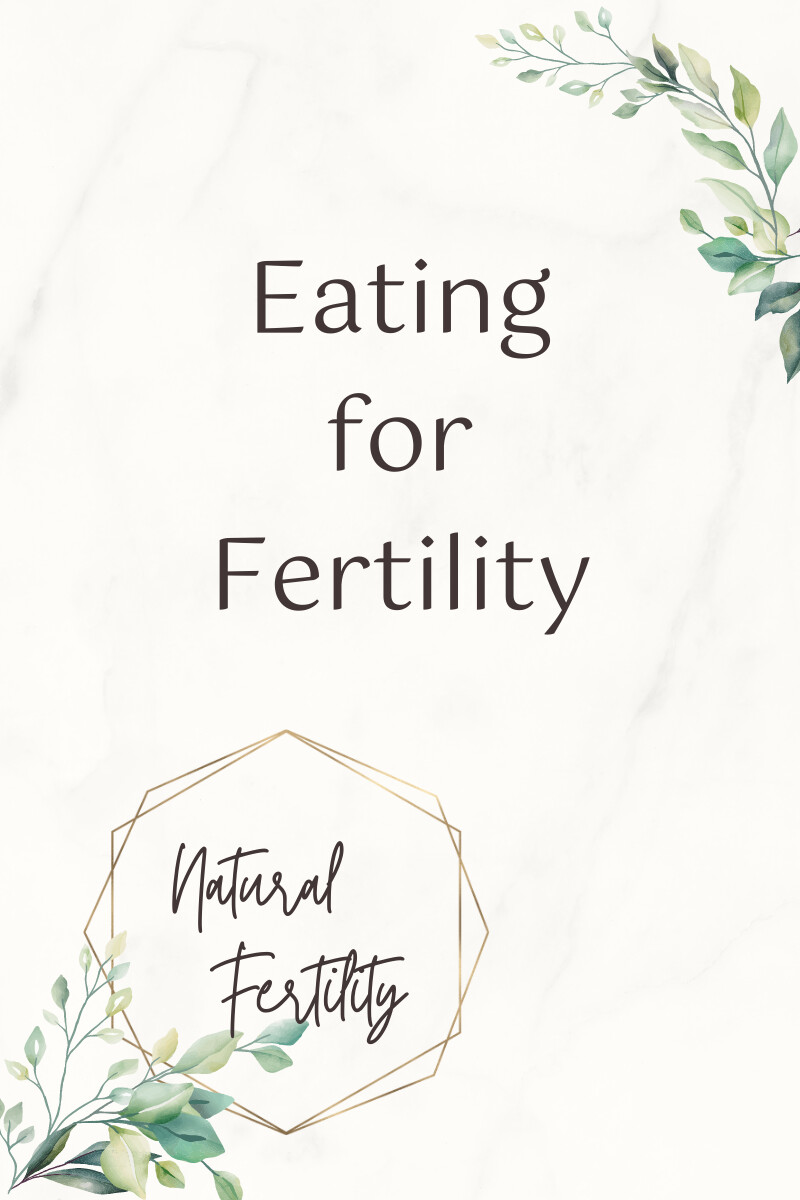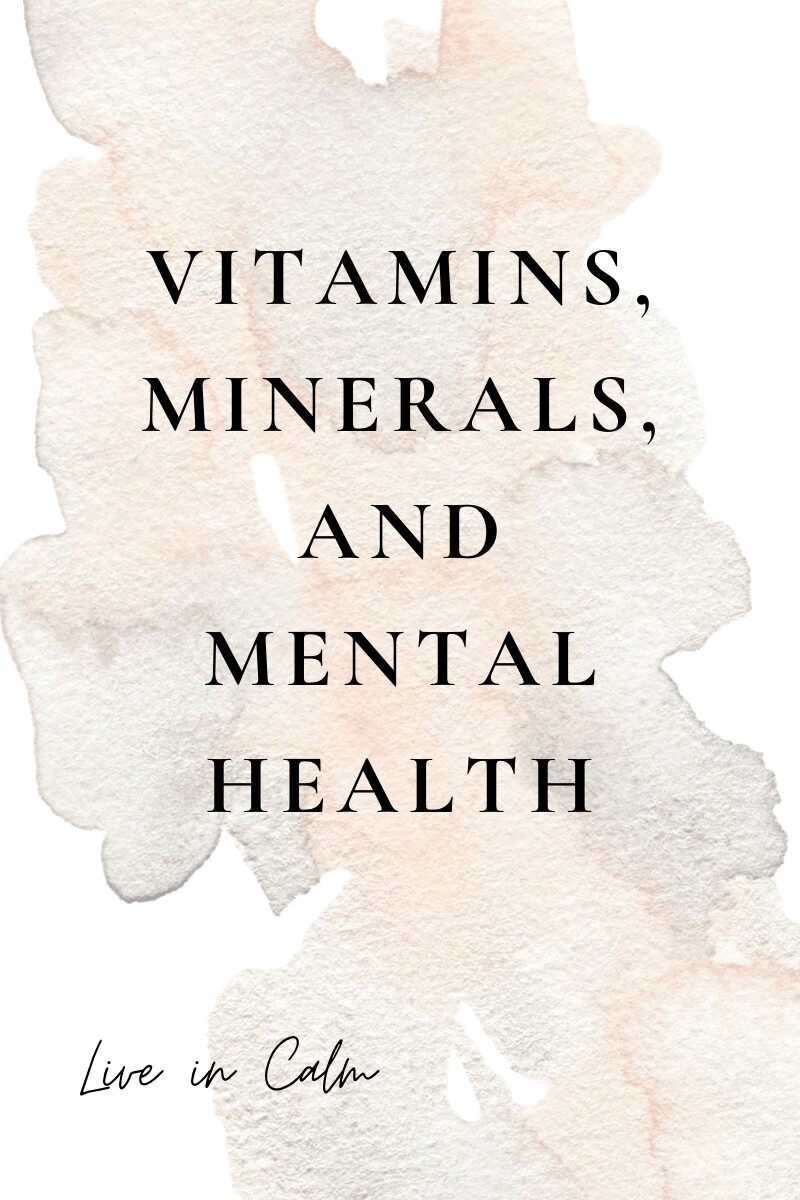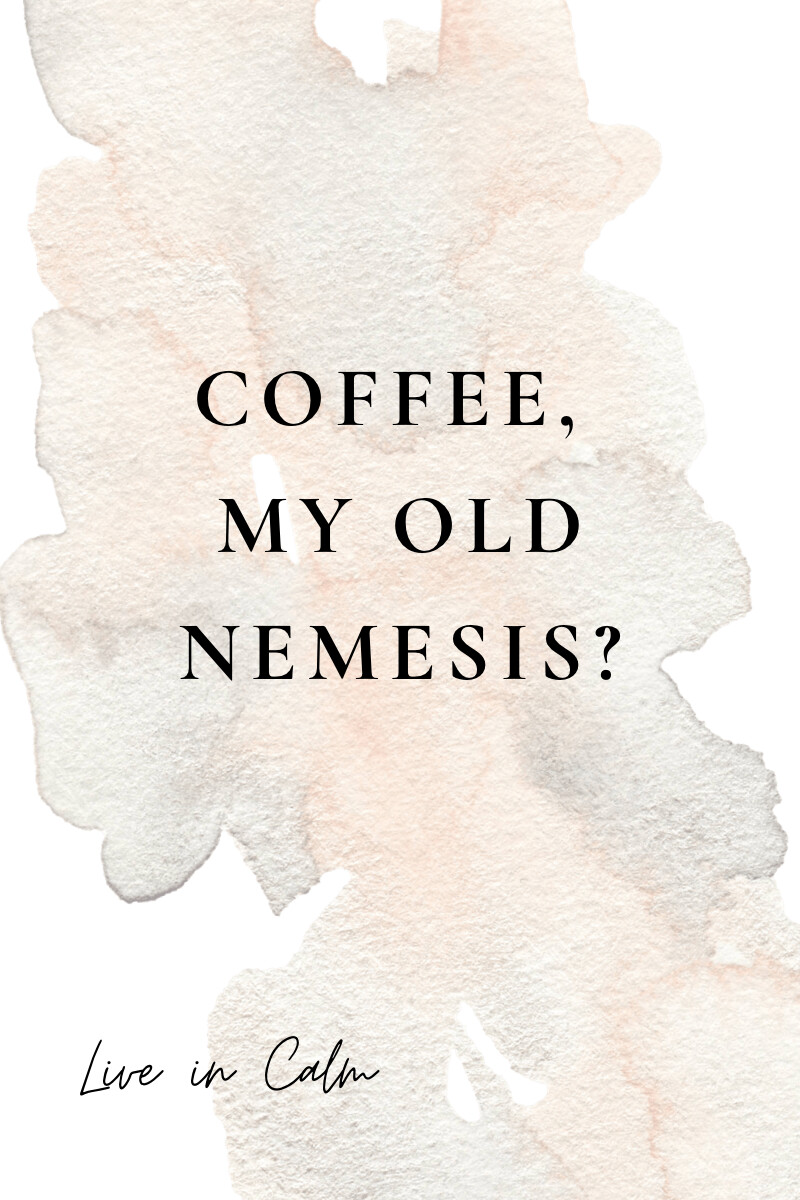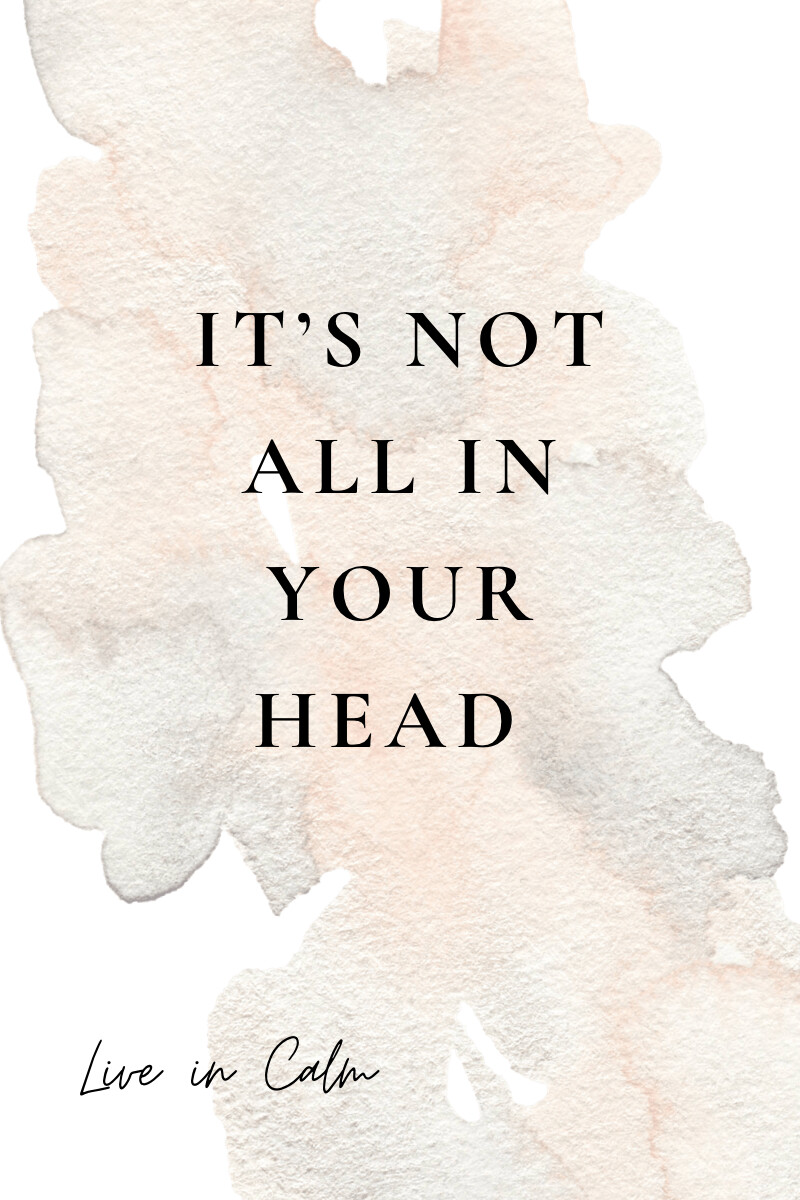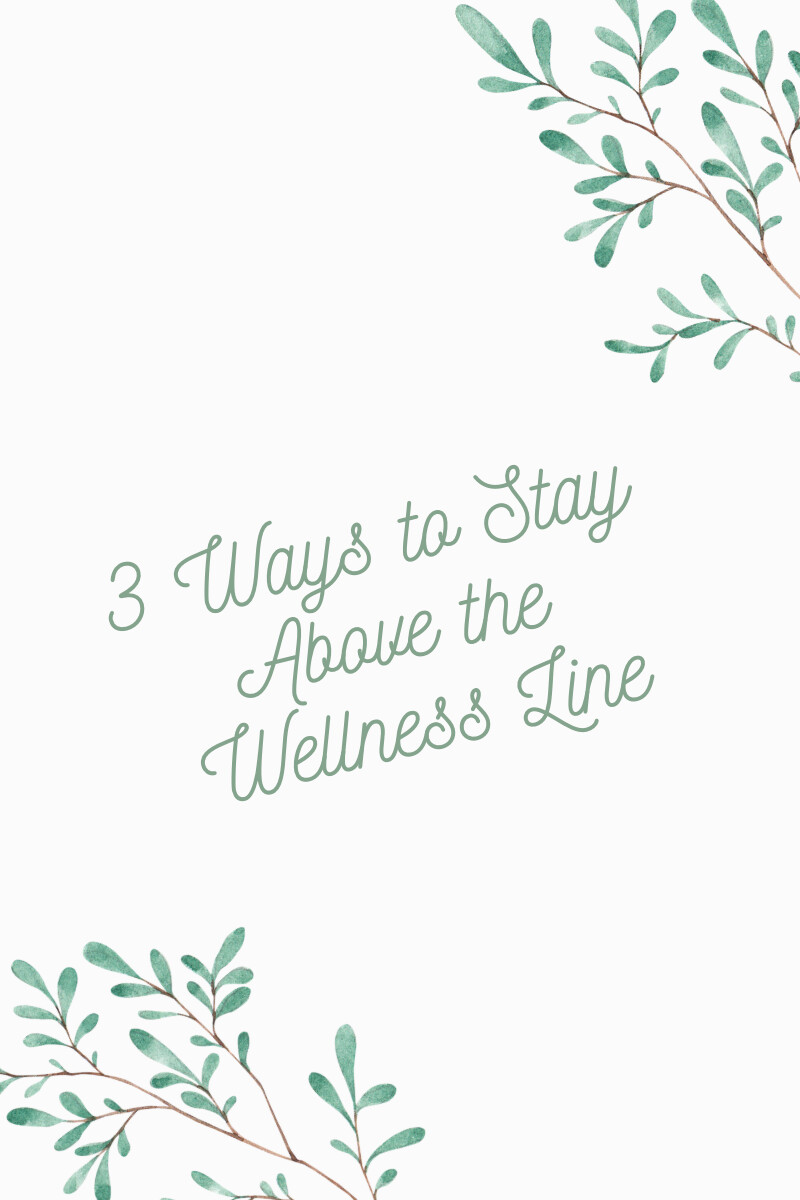Dear Christian friend who has never lived with anxiety,
I’m so happy for you that you have never experienced this. It’s something I wouldn’t wish on my worse enemy. However, I feel like those of us who are Christians and live with anxiety are often misunderstood and even shamed in some situations. This is my attempt to help you understand what we experience on a consistent, sometimes even daily, basis. My goal is not to point fingers, but to give you food for thought and hopefully some useful tips for interacting with Christians you know who have anxiety like me. Here’s what I want you to know.
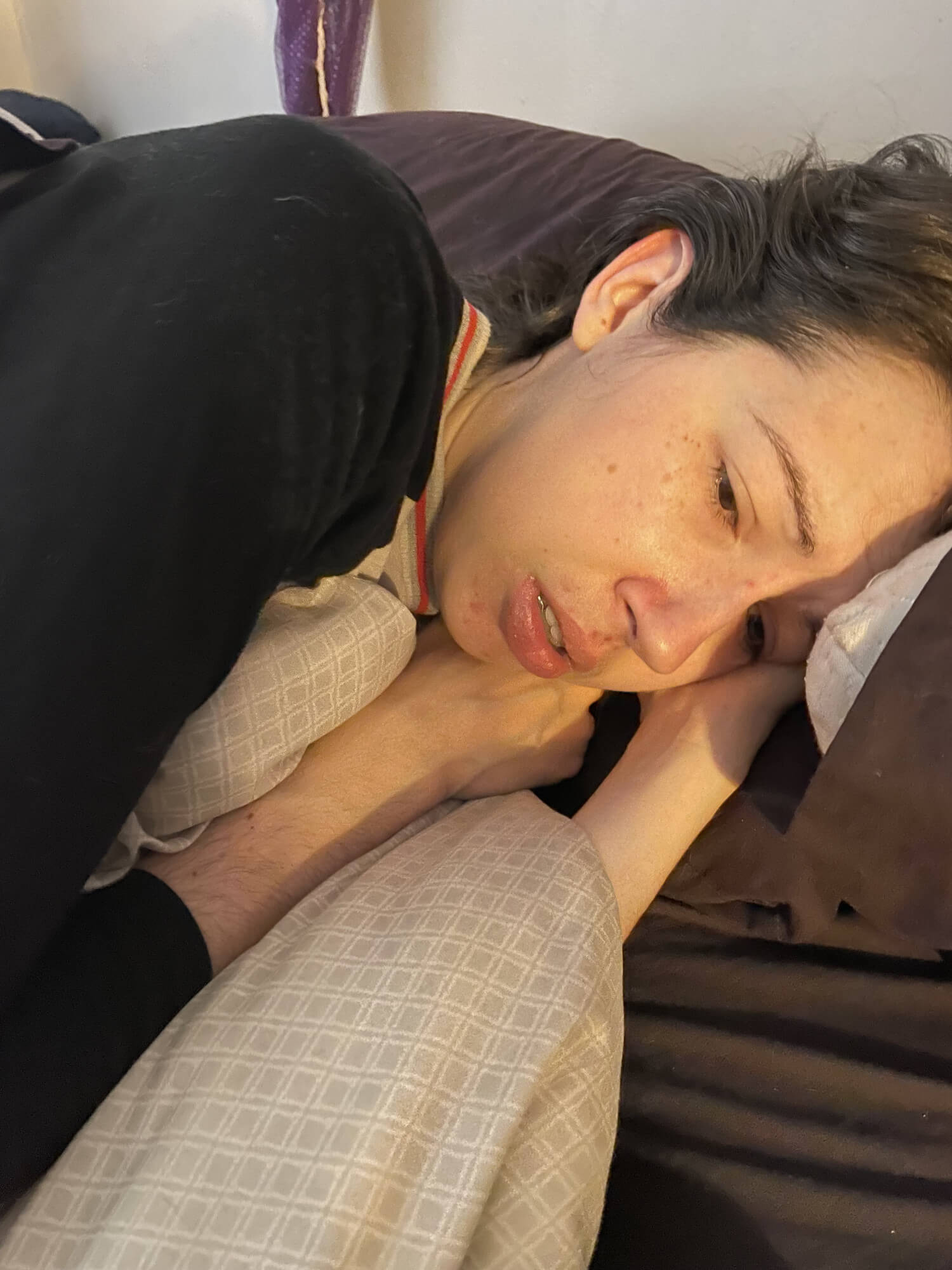 Anxiety isn’t “being worried”,“afraid of something”, or just a “feeling”
Anxiety isn’t “being worried”,“afraid of something”, or just a “feeling”Anxiety is often labeled as fear because it’s hard to really put into words. It’s not always a conscious concern about performing a task or being in a certain situation. Sometimes it strikes out of nowhere for no apparent reason and will not let go. I’ve been asked, “what’s your trigger?” I wish I had the answer. It’s also more than just a feeling. Mine portrays itself in very physical ways. When it is extreme, I will shake uncontrollably and eventually throw up before it ends. It can also make me feel like I can’t breathe or that my heart is beating out of my chest.
I’m not less of a Christian because I have anxiety
I know the Bible tells me not to fear, not to worry about the future, etc. However, quoting those verses to me in the moment isn’t helpful. It’s trite. (You’re probably thinking that’s extreme, but honest truth here.) I know those verses and my brain is already accusing me of being a failure and although you may be trying to help, hearing it from you just fuels the fire. Silent support would be much more helpful.
Trying to “fix me” adds stress
If you happen to be with me in the middle of an anxiety attack, please don’t pepper me with questions or suggestions that you think may help. It’s just another source of overwhelm. Again, I know it’s rooted in good intentions, it makes me feel like I should try to hide what’s really happening. Imagine your brain screaming at you that you are in extreme danger but you can’t move plus having someone seemingly tell you to get it together.
I can’t turn it off
Even well meaning comments like “I wish you could stop worrying” are frustrating. I wish I could stop it more than you do! Like it said before, attacks can strike out of the blue with no warning and no explanation. I can’t control that.
It makes it hard for me to do tasks
A common response to anxiety is to freeze. I often leave tasks undone because they seem too overwhelming. All while I can’t do them, my brain is accusing me of being lazy and is frustrated that the task is not complete. Commitments can also be daunting because of attacks. I try my best not to say “no” to things, but sometimes just the thought of following through makes me physically ill. Please don’t interpret this as me not caring or thinking I don’t need to live up to my word. Anxiety attacks are just as real as being physically and visibly sick.
How you can help
If you are ever with me during an attack these are the best ways to support me.
- Reassure me that you are there with me
- Ask if I want a hug, but don’t touch me without permission
- If I ask for something I need, bring it to me
- Let me process however I need to; it may be different each time
- Know that I appreciate you because I know this can be taxing on you too
Love,
A Christian with anxiety
“I can smell the fear on your breath.” Ok, so not really, but did you know that your breathing can affect your emotions?
Breath work is being studied by doctors right now in relation to feelings of strong fear. It’s pretty neat that you can actually hack the autonomic nervous system just by controlling your breathing. I don’t know if you have noticed, but when you get into a state of extreme fear, you’re breathing tends to pick up, maybe your heart speeds up, you feel Iike you can’t breathe. I know I’ve been there, and it’s not fun. But when you take the time to pause and tell your brain how to breathe, it allows you to take control of a function of the body that you normally do by default so that you don’t enter that overwhelming stage of hyperactivity with your breathing and emotions.
One of my favorite ways to do this is to do box breathing. Picture a box in your mind. Each side of the box is going to get 4 counts. Breathe in as you go across the top of the box for 4 counts. Hold your breath as you come down the side of the box for 4 counts. Now breathe out as you come across the bottom of the box for for 4 counts. As you come back up the other side of the box, hold your breathe again for 4 counts. You can go around this box as many times as you need to until your body begins to calm down. It’s super simple.
A way to elevate this experience is to add essentail oils. I always keeps some on hand. I’ve done this in public as necessary and even at home when things become overwhelming and tense. Simply put a drop of oil in your palm, rub you hands together, cup them over you nose like a little tent and do the same exercise. You can either breathe in through your nose or mouth. The mouth is sometimes a bit more effective, but the nose works well. You can try it first through your mouth and follow it with a round through your nose.
Essential oils are really neat in that they can effect your emotions by reaching the amygdala of your brain. The amygdala is the part of your brain that controls your emotions and it’s very physically closely located to the part of your brain that processes the your sense of smell. Emotions and smell are also very closely linked to each other in how you process information. You may notice that certain memories you have are connected to certain smells. I know when I smell vanilla, I think of my grandmother because of a vanilla scented lotion she used to use. You can use this connection to help yourself calm down when you reach the overwhelming state of fear.
You can also use another technique called tapping. It uses acupressure points on the body to stimulate a calming response. Simply tap gently on the top of your head, middle of your forehead, under the eyes, under your nose right above your lip, the thumb side of your fists, and under the arms. You can repeat this process as needed.
You can also come down to your chest. This is referred to as a thymus tap. You can do this on its own. Some people do it as part of their morning routine to ground themselves for the day. You can give that a few, good, solid taps right below the center of the collar bones, on the sternum. This can be the most effective location for me when I begin to spiral.
You can use the tapping with phrases to remind your brain that you are ok. Any positive words you use, your brain will search for the evidence of that statement. Because you are telling your brain to look for that evidence, it helps you to come out of the state of “everything is going wrong and I am in danger.” You can try statements like:
- I am loved
- I am safe
- I am ok
- I am stronger than this fear
You can totally be prepared to confidently overcome strong fear in a given moment with just these techniques. You don’t need anything on your or with you. It doesn’t matter where you are: the airport, going to a meeting at work, or driving down the highway. You will be prepared to take on your emotions.
Grab some essential oils to pair with these techniques for the ultimate calming experience. My favorites are Stress Away, Valor, Peace & Calming, Lavender, and Frankincense. They are incredible for getting to the amygdala and calming the body. All five come in a set of twelve oils with a diffuser that you can use to create a calming atmosphere in your home. When you grab them using my link below you’ll get the 12 oils and diffuser at a 60% savings! I’ll also send you a guide on how to use them to make sure that you can enjoy all of their benefits.
The battle for mental health is real sadly many people join it every day, especially women. Men battle it as well, but I am specifically going to discuss the facts pertaining to us women. That doesn’t mean that a man can not benefit from this information though. Please note that I am not allowed to name any specific mental diagnosis per the FDA or this blog could be taken down. I’d prefer that it stay up for you to empower yourself to make educated choices for your personal health. I’ll do my best to share clearly while staying within the enforced parameters. Ready to jump in? Let’s go!
Deficiencies are Our Silent Enemy
Has a professional ever suggested to you that your diet may be linked to your mental wellness? My guess is that you just answered, “no.” Studies that prove that fact is true abound, so why are we not taught this or told by those who are supposed to be helping us be well? It makes me righteously angry to think about it.
The studies I read mentioned B vitamins, vitamin C, vitamin D, and magnesium frequently. A lack of B vitamins can lead to deep feelings of sadness.*1 Not enough vitamin C can be connected to multiple stress related diagnoses. *2 Too little vitamin D can be linked to deep feelings of sadness and constant worry.*3 Magnesium pretty much covers the gamut of mental wellness and even touches the physical functioning of the brain and body.*4
Study Proven Results
A year long study used vitamin with those who dealt with any level of sadness and worry from general to deep and continual. 42.9% of those with general levels of these emotions showed improvement after the year ended. 97.2% of those classified as deep sadness and/or continual worry showed considerable improvement. *5
Another study “suggests that a higher intake of dietary B vitamins, especially biotin, was associated with a lower prevalence of deep sadness, constant worry, and stress symptoms.” *6
“Older women experienced constant worry reduction using vitamin B6… High-dose sustained-release vitamin C was effective in reducing constant worry and blood pressure in response to stress.” *7
“Vitamin C deficiency is widely associated to stress-related diseases. Although the efficacy of this vitamin in constant worry spectrum disorders is less stablished, several studies showed that ascorbic acid supplementation produces antidepressant effect and improves mood...Given that ascorbic acid supplementation produces fast therapeutic response with low toxicity and high tolerance, it can be considered as a putative candidate for the treatment of mood and constant worry disorders, especially those that are refractory to current treatments. Herein, the literature was reviewed considering the potential use of ascorbic acid as an adjuvant in the treatment of constant worry and deep sadness.” *8
Two separate studies suggest that magnesium is beneficial for emotions and mental wellness. *4 & 9
What I Use
FDA regulations keep me from outlining this for you exactly, but personal conversations are allowed. Go to the “Contact Me” section here on my website and let me know that you want to know what I’ve done. I can tell you that my mental state is significantly improved. We’re talking the difference between sitting on the couch, wrapped in a blanket watching movies to up and functional as a mom, wife, and business owner.
Footnotes—-
*1 Mahdavifar B, Hosseinzadeh M, Salehi-Abargouei A, Mirzaei M, Vafa M. Dietary intake of B vitamins and their association with depression, anxiety, and stress symptoms: A cross-sectional, population-based survey. J Affect Disord. 2021 Jun 1;288:92-98. doi: 10.1016/j.jad.2021.03.055. Epub 2021 Mar 26. PMID: 33848753.
*2 Moritz B, Schmitz AE, Rodrigues ALS, Dafre AL, Cunha MP. The role of vitamin C in stress-related disorders. J Nutr Biochem. 2020 Nov;85:108459. doi: 10.1016/j.jnutbio.2020.108459. Epub 2020 Jul 3. PMID: 32745879
*3 Kimball SM, Mirhosseini N, Rucklidge J. Database Analysis of Depression and Anxiety in a Community Sample-Response to a Micronutrient Intervention. Nutrients. 2018 Jan 30;10(2):152. doi: 10.3390/nu10020152. PMID: 29385721; PMCID: PMC5852728.
*4 Kirkland AE, Sarlo GL, Holton KF. The Role of Magnesium in Neurological Disorders. Nutrients. 2018 Jun 6;10(6):730. doi: 10.3390/nu10060730. PMID: 29882776; PMCID: PMC6024559.
*5 Kimball SM, Mirhosseini N, Rucklidge J. Database Analysis of Depression and Anxiety in a Community Sample-Response to a Micronutrient Intervention. Nutrients. 2018 Jan 30;10(2):152. doi: 10.3390/nu10020152. PMID: 29385721; PMCID: PMC5852728.
*6 Mahdavifar B, Hosseinzadeh M, Salehi-Abargouei A, Mirzaei M, Vafa M. Dietary intake of B vitamins and their association with depression, anxiety, and stress symptoms: A cross-sectional, population-based survey. J Affect Disord. 2021 Jun 1;288:92-98. doi: 10.1016/j.jad.2021.03.055. Epub 2021 Mar 26. PMID: 33848753.
*7 McCabe D, Lisy K, Lockwood C, Colbeck M. The impact of essential fatty acid, B vitamins, vitamin C, magnesium and zinc supplementation on stress levels in women: a systematic review. JBI Database System Rev Implement Rep. 2017 Feb;15(2):402-453. doi: 10.11124/JBISRIR-2016-002965. PMID: 28178022.
*8 Moritz B, Schmitz AE, Rodrigues ALS, Dafre AL, Cunha MP. The role of vitamin C in stress-related disorders. J Nutr Biochem. 2020 Nov;85:108459. doi: 10.1016/j.jnutbio.2020.108459. Epub 2020 Jul 3. PMID: 32745879.
*9 Boyle NB, Lawton CL, Dye L. The effects of magnesium supplementation on subjective anxiety. Magnes Res. 2016 Mar 1;29(3):120-125. English. doi: 10.1684/mrh.2016.0411. PMID: 27869100.
If you struggle with strong emotions, it’s likely that the beloved morning beverage, coffee, is a culprit. As comforting as it seems in the moment, it can really mess with your emotional state throughout the day. I’m not saying you have to give it up entirely, but allow me to show you what it can do.
Elevated Emotional Levels
Science has shown that coffee can aggravate emotional states like anxiety and panic. Some experts will go so far to say that some people experience coffee induced anxiety. This happens when the high levels of caffeine hit and elevate all sorts of bodily functions including emotional responses. These responses are possible because of the way caffeine impacts the nervous system by blocking and stimulating receptors in the brain.
Depleted Vitamins & Minerals
These nutrients are very important to have for the brain and emotions to function correctly. There will be an entire blog post on their importance to mental wellness coming soon. While you watch for that, think about this fact. One cup of coffee depletes the body of a day’s worth of vitamins and minerals.
Toxin Exposure
Typical coffees are sprayed with pesticides, may be genetically modified, and have artificial flavors added to them. These things are filled with toxins that attack the brain, our organs, and gut. When this happens, our emotions take a hit because all of those parts of our body are tied to our emotional and mental wellness. I used to think that was a bunch of crazy, fear filled talk that old grannies spit out because they were so old fashioned. Over the last couple years, I have come to personally experience the truth of those statements. I’ve made healthier swaps in my diet, reduced the toxins in my home, and focused on my gut health. The difference is impossible to ignore. If you continue to drink coffee, I highly encourage you to purchase an organic brand to reduce the amount of toxins. Also, look into what is done to decaf coffee to remove the caffeine. This is not a better alternative unfortunately.
But I’ll be Exhausted
I hear you! I used to rely on coffee to get me through the day too. The good news is, there are natural sources of caffeine that aren’t so hard on the body and even some nutrients that can help. I highly encourage you to add protein and vitamin B’s to your diet to support your energy levels. Take a peek here to see some of my favorite energy helps including an all natural energy drink.
We’ve all heard it said by some well meaning family member or friend who has never experienced the mental and emotional turmoil that we do every day. “It’s all in your head.” They think this phrase will help us “snap out of it” or make us realize that what we fear isn’t real. Unfortunately, it’s not that easy or simple. However, there are physical things that we can explore to help our mental wellness. How about a topical blog series? Let’s start with an overview.
Nutritional Needs for Healthy Emotions
When we lack the proper nutrients, our brain cannot properly process the input it receives. This includes all our senses including emotional ones. It also needs these nutrients to flip the correct switches to maintain connections needed to produce healthy emotional responses.
Your Gut & Brain are Connected
The gut/brain connection is becoming a bit of a “hot topic” lately. While it’s popularity is somewhat new, the concept is not. The health of our gut very much determines the efficiency and happiness of our brain and emotions.
Liquid Worry
Don’t hate me… I’ve had to work on this one myself. Caffeine is known for irritating emotions of worry or fear. A cup of coffee a day may be ok, but multiple cups all day long is more than likely only instigating trouble.
Shake it Off
Do you get shaky when your emotions are running high? I sure do! One of the best things you can do is any type of movement: shake your arms or legs, go for a walk, do a few jumping jacks, just move.
It Hurtz
Music is a powerful tool for our emotions and each song falls into a range called hurtz. Certain hurtz can ignite certain emotional states.
Hear Me Out
Certain points around your ears can affect your emotions when massaged. It sounds crazy, but it works. We’ll dig into this later.
Breathe & Tap
This was mentioned in the PDF you’ve already recieved, but I want to break this down a bit more in a separate blog post.
Are you in to learn more? Keep your eyes open for more!


